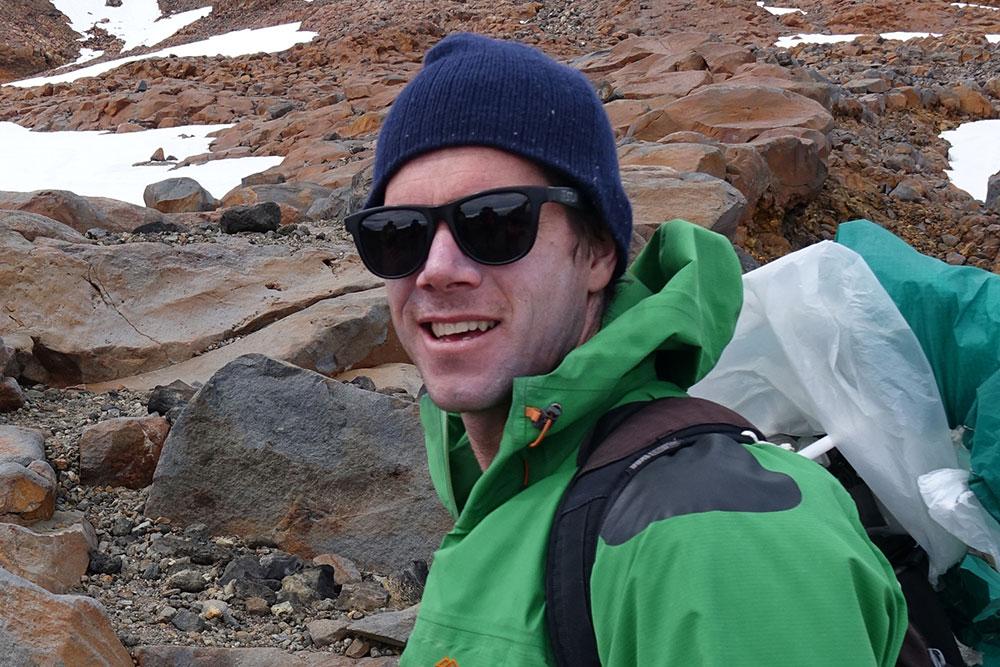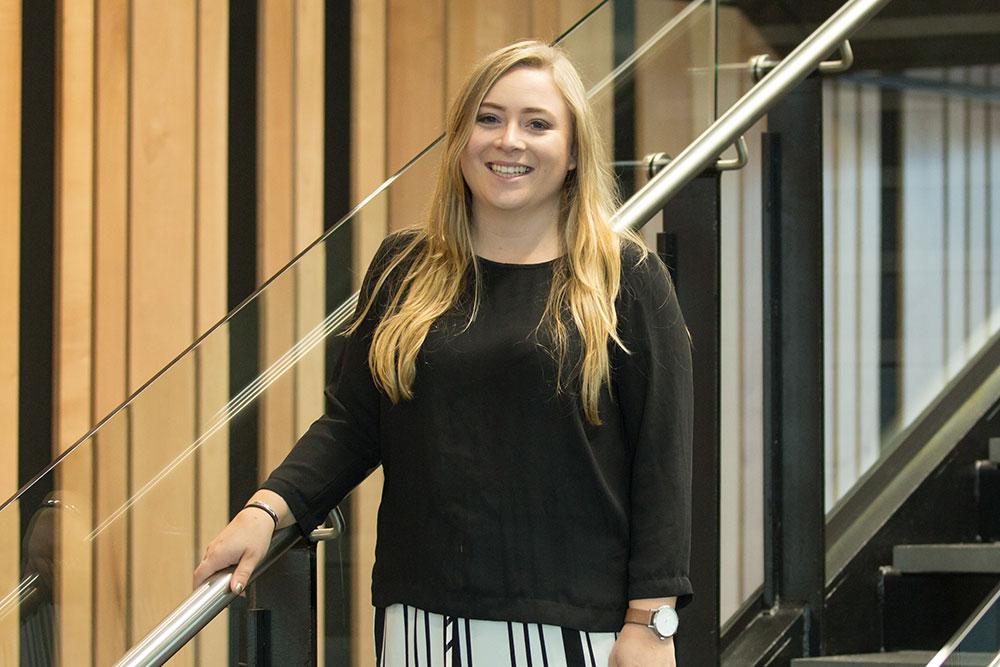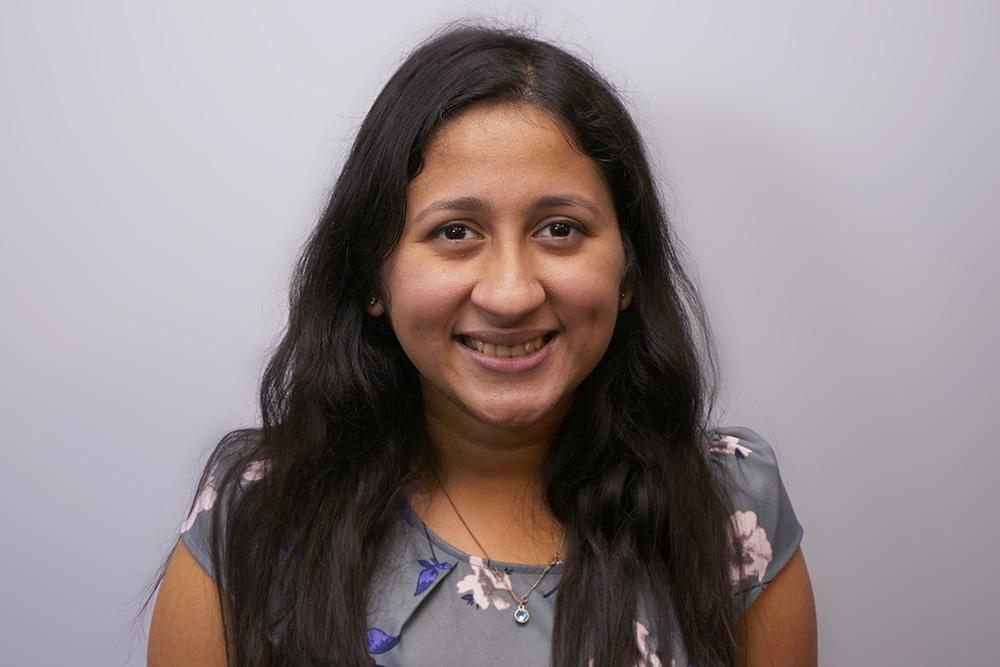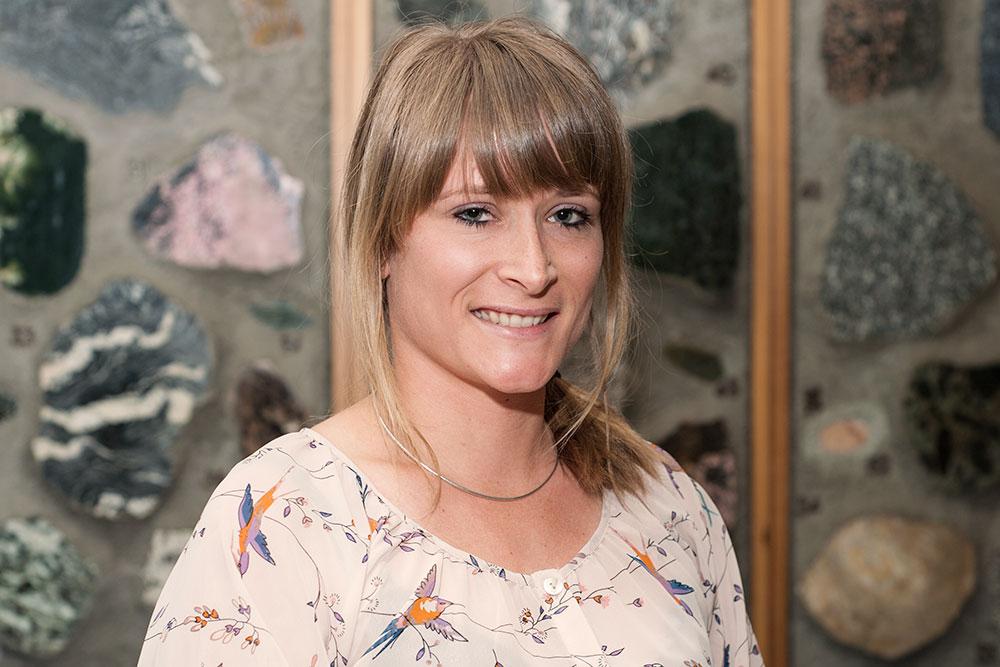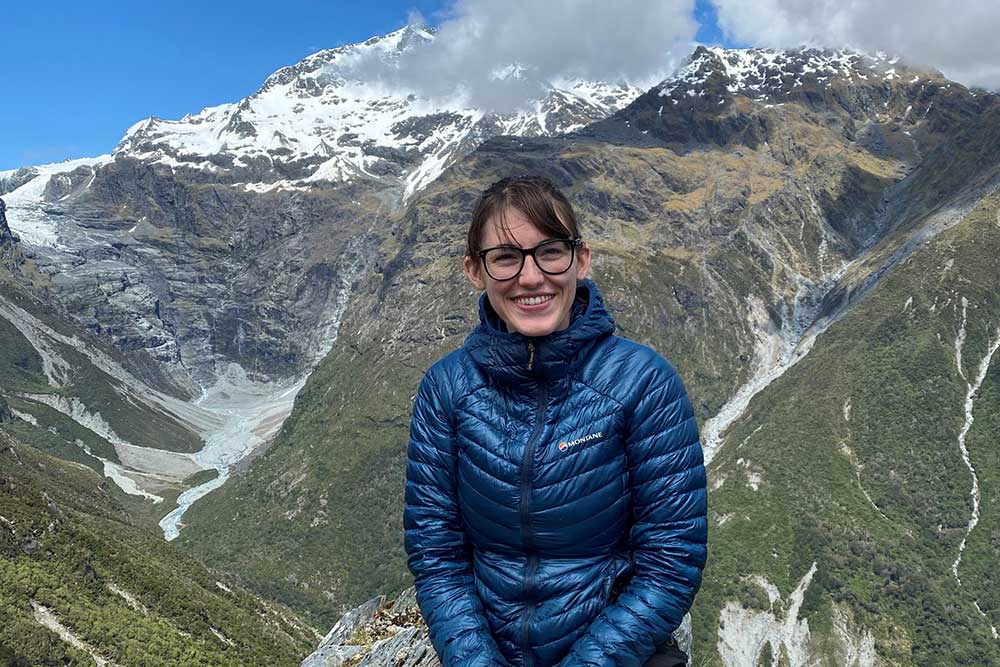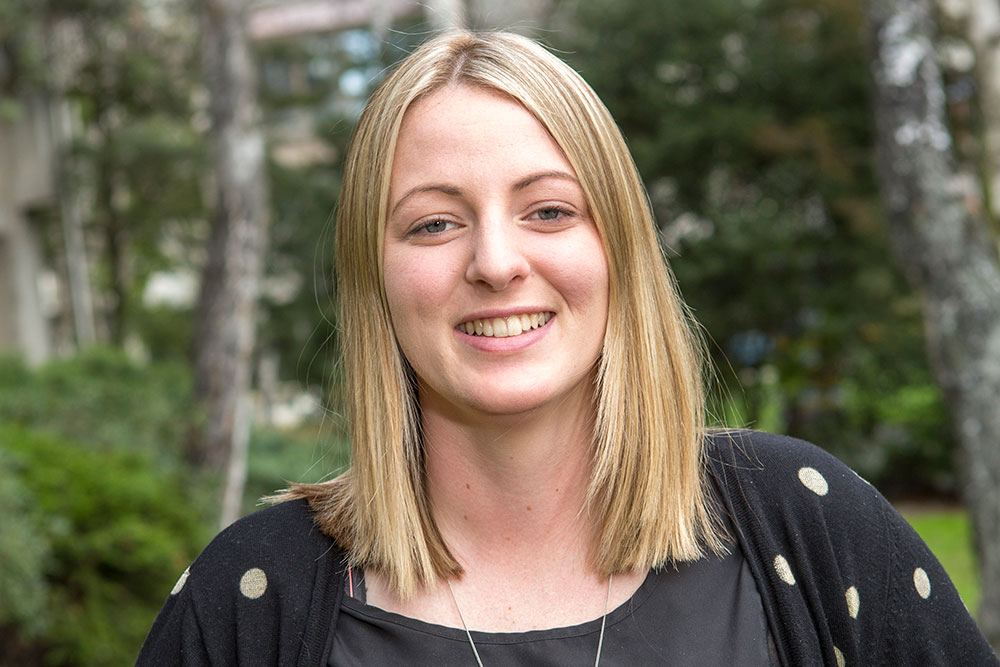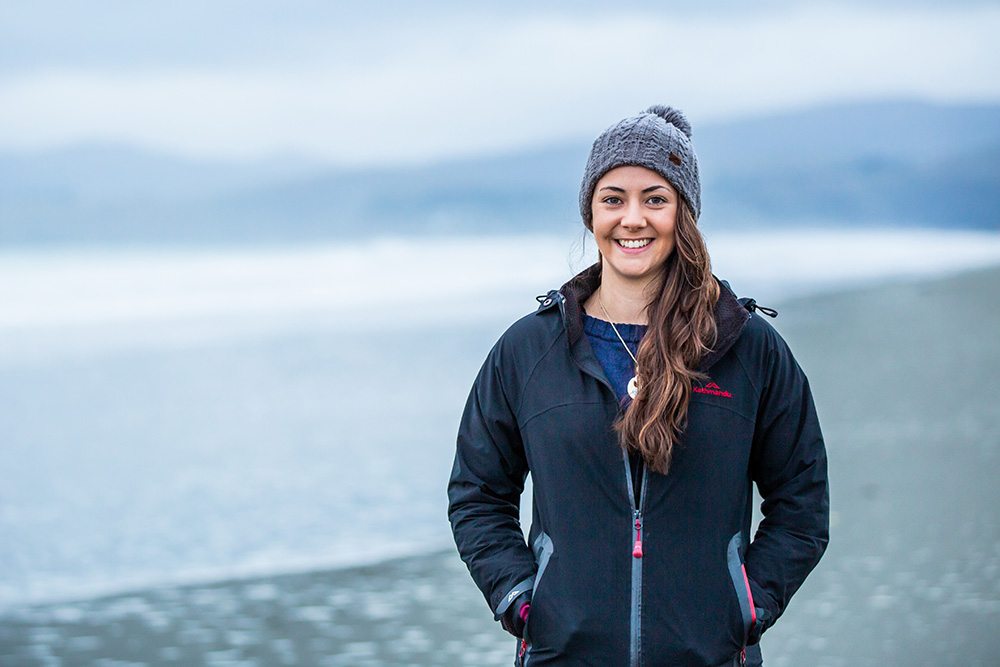Geology
Introduction
Geology explores the earth building processes of our planet, so that we can best use natural resources, plan land developments and infrastructure, and monitor natural hazards such as volcanoes and earthquakes.
With over 500 million years of geological history, Aotearoa is a rich and unique place to study this earth science.

